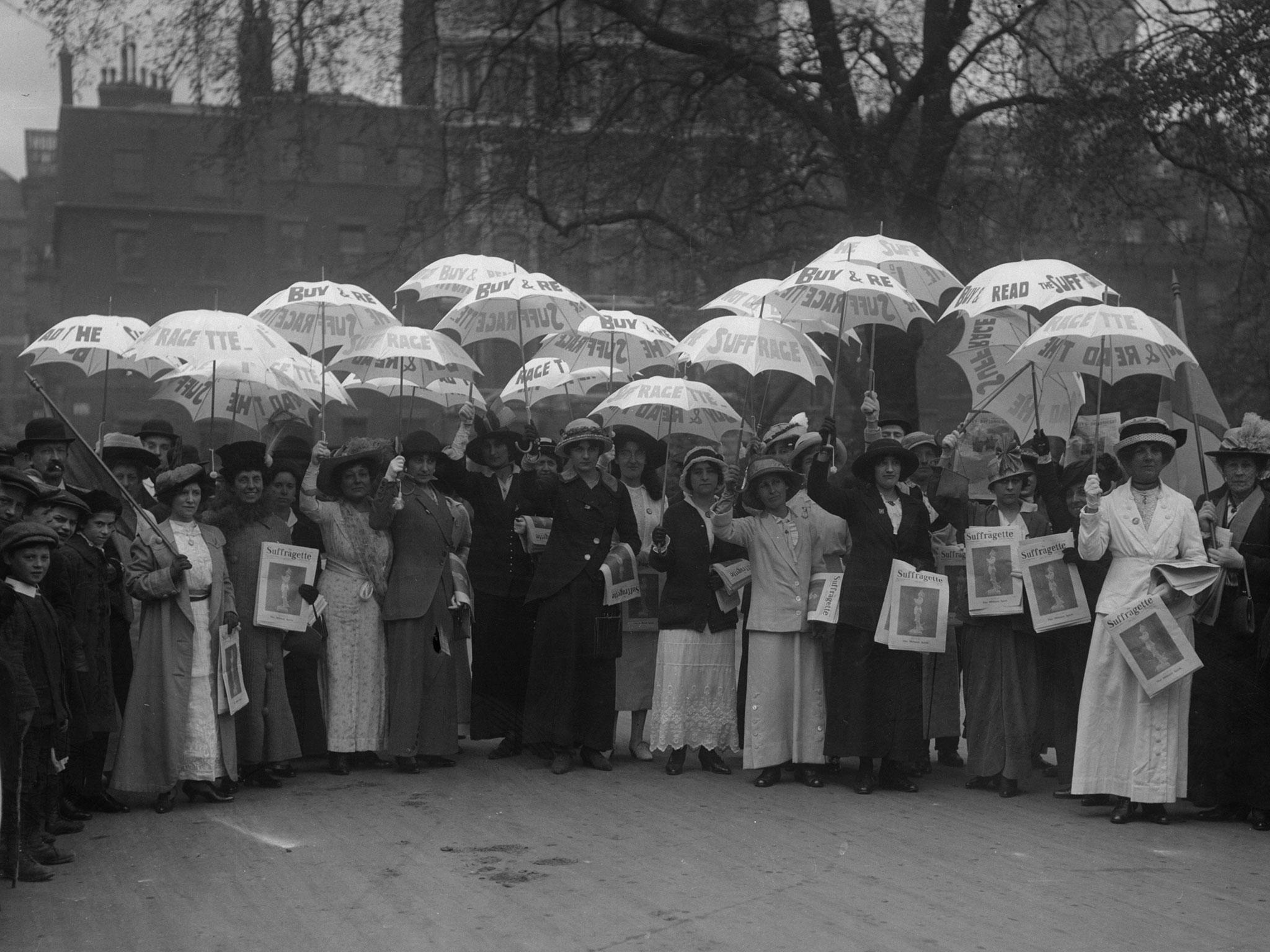How to reinstate women - not birds - back into history; Week in Books column

Last week, the writer and journalist Anita Anand revealed a quietly appalling fact while talking about her book on an Indian noblewoman, Sophia: Princess, Suffragette, Revolutionary. In early conversations with editors about this fascinating biography-cum-history of a singular life unearthed from the archives, which reveals the complex intersections between first-wave feminism, the Great War and the Indian independence movement, she said she entered into discussions with two male editors from a large publishing house that shall remain unnamed.
There she was, making her pitch about the marvellous Sophia Duleep Singh, granddaughter of the “lion of the Punjab”, Ranjit Singh, goddaughter of Queen Victoria and spiritual sister of Emmeline Pankhurst, when the editor’s eyes lit up. Not at Sophia’s story, you understand, but at the prospect of a book about the hawks that her family owned.
While Helen Macdonald’s award-winning book H is for Hawk has definitely opened up public interest in this corner of ornithology, Anand, speaking at the Emirates Airline Festival of Literature in Dubai, was making the point that the hawks were seen as more book-worthy than the woman-of-note who had, peculiarly, been rubbed out of history, despite her contributions to it.
The hawks could be a stand-in for so many things, amid the proliferation of histories of our great male leaders. How many books have we read on Stalin and Napoleon? How many more to come? Bettany Hughes thought gender equality meant, in part, the habilitation of extraordinary – forgotten –women into history: “We can start writing women back into history. [For example], the first named female author, Enheduanna [born around 2300BC], was from [modern-day Iraq]. She was writing exquisite poetry. Let’s re-appropriate her, and make her a household name.”
Another highlighted example was the remarkable life of Gertrude Bell, one of the most powerful women of her day. She played a major role in the history of the Middle East but her recorded achievements are thin on the ground compared with those of her contemporary TE Lawrence. The lack of historical heroines isn’t specific to far-away places, of course. That wasn’t Hughes’ point. Scott Anderson, the American historian and author of Lawrence in Arabia, said that while he agreed with Anand and Hughes (“there have been two biographies on Gertrude Bell…more should have been written about her”) he felt that who and what periods of history we chose to remember were as much about money as anything: “People who are extremely prominent in their day can be airbrushed out of history or forgotten. It’s not strictly a gender bias, though gender plays into it in a big way. In that typically British way, historians may have thought it best to ignore Sophia because of her unique position of being Indian nobility [and also favoured by British nobility].” Yes, the British government didn’t know how to react to Sophia’s radicalism and Winston Churchill instructed the authorities not to arrest her, yet that doesn’t explain why she was forgotten when other suffragettes weren’t.
“For many publishers, it’s about the ledger sheet,” thought Anderson. Eras of history that “sell” are given the green light, he thought, giving his own example: “My next book is about the early Cold War, from 1945 to the mid-1950s. I spent a year looking at different ideas, talking with my agent and editor… I wanted to write about the Korean War but everyone said ‘no’ to the idea. I’m fascinated by Kemal Ataturk but they said ‘no’ almost before I’d said his full name.”
There are other biases too. “If the editors haven’t heard of them, and the reading public haven’t heard of them, the thinking could be that it’ll be too obscure to make money.” Where does this leave Princess Sophia? Lucky to have been found, and written about, I suppose, even if the hawks’ story remains unwritten.
David Mitchell’s literary revenge served cold
David Mitchell knows how to get revenge on hostile reviewers, he told an audience at the same literary festival. He inserts the offending critic into his fiction, and not only assigns them an unsavoury outcome but changes the facts enough so that they “can’t get me legally, but not so much that they can’t recognise themselves. It’s very petty but it makes me feel better”. You only have to encounter the novelist-cum-acerbic-book reviewer in The Bone Clocks to know he isn’t joking. I wonder if the critic has recognised himself yet.
Subscribe to Independent Premium to bookmark this article
Want to bookmark your favourite articles and stories to read or reference later? Start your Independent Premium subscription today.

Join our commenting forum
Join thought-provoking conversations, follow other Independent readers and see their replies